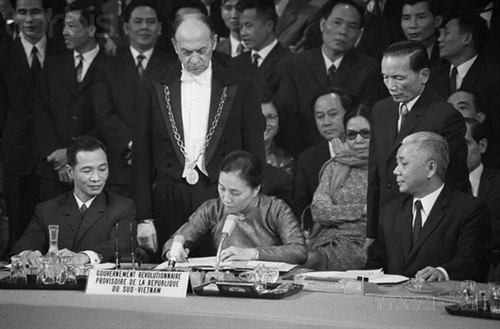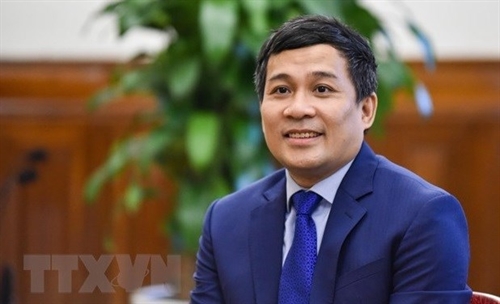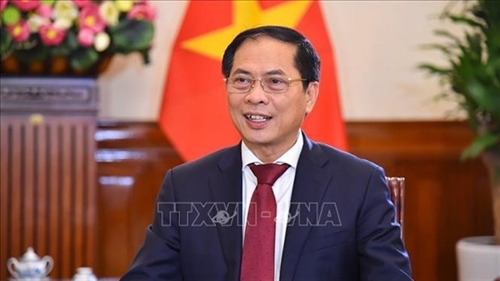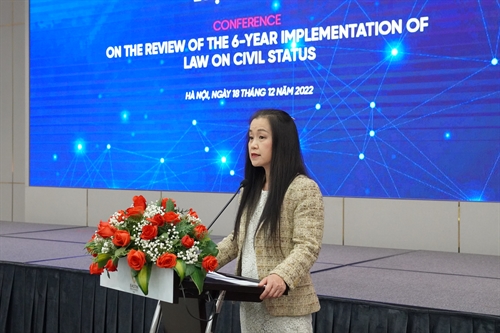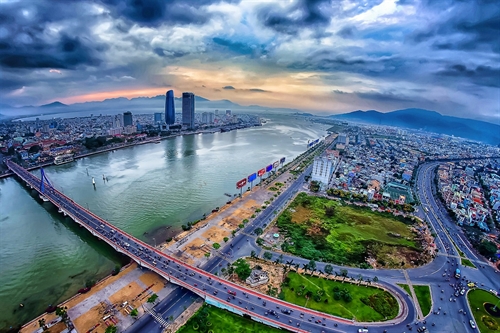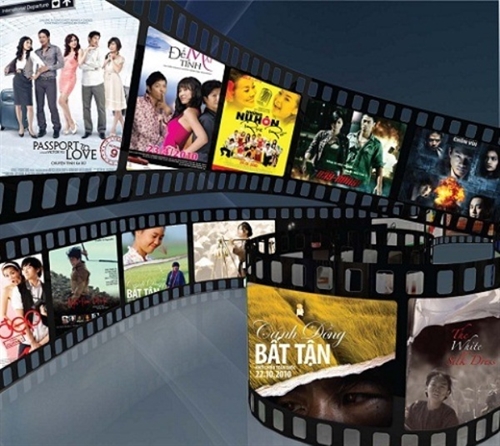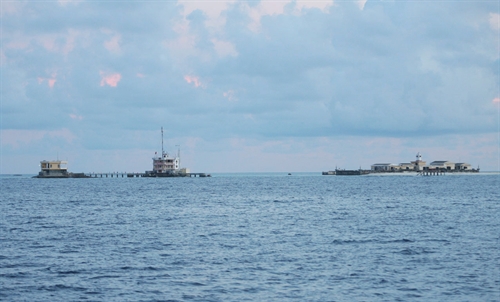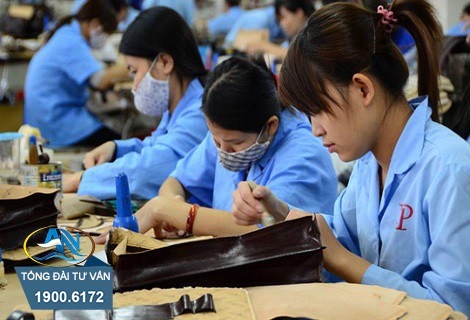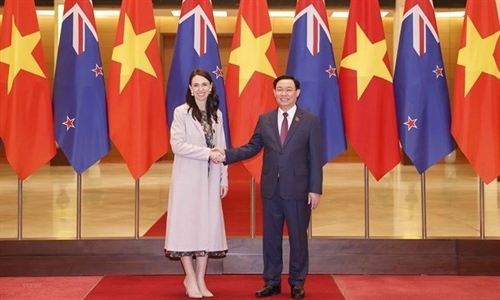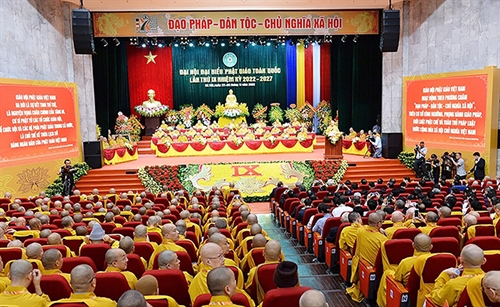The Law on Belief and Religion was promulgated in 2016 with many new, open regulations, creating favorable conditions for religious organizations and believers to better exercise the right to freedom of belief and religion while ensuring the effectiveness and effect of state management of belief and religion. This was affirmed by Nguyen Van Long, Chief of the Office of the Government Committee for Religious Affairs (the Ministry of Home Affairs), at a recent interview with the Vietnam News Agency.
After more than four years of implementing the Law on Belief and Religion, in your opinion, how did the Law facilitate religious practices of religious organizations?
This matter needs to be viewed from both aspects. The Government and governmental agencies have, since the Law was enacted, done a good job of disseminating the Law among religious organizations to help them understand and abide by regulations. The Law has created a stable legal framework for religions organizations to operate in accordance with law as well as their charters and the viewpoint of practicing religion while cementing with the nation.
Religious organizations, on their part, have grasped and properly implemented relevant legal documents. In the past four years, three religions were recognized in terms of organization. Competent authorities also recognized nearly 500 affiliated religious institutions and permitted the operation of thousands of centralized religious sites and groups, meeting legitimate religious needs of the people.
Noteworthily, hundreds of international guests and foreign religious delegations visited Vietnam to learn about the reality of freedom of belief and religion in the country. Meanwhile, more than 200 delegations of Vietnamese religious dignitaries attended international religious seminars and conferences.
It is worth mentioning that the Law on Belief and Religion contains very specific provisions, thus enabling the implementation of law by religious organizations. Especially, the Law provides religious activities of foreigners in Vietnam in a clear and strict manner, thus building up religious organizations’ confidence in the Party’s and State’s implementation of the policy of freedom of belief and religion in the past four years.
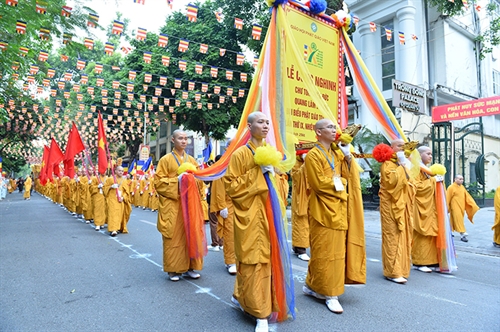 |
| A Buddhist ritual held during the 9th National Buddhism Congress in Hanoi in November 2022__Photo: Minh Duc/VNA |
The guiding text of the Law on Belief and Religion, Decree 162/2017ND-CP, was issued by the Government in 2017 and took effect at the same time with the Law. Thus, Vietnam has a fairly complete legal framework on belief and religion. Looking back at the past four years, how do you judge religious organizations’ observance of policies and laws?
In the course of practicing religious activities in Vietnam, religious organizations have well implemented and complied with law. For example, they proactively notified competent authorities and administrations of the organization of congresses and annual conferences as well as of the ordination, election, nomination and appointment of religious dignitaries. This showed the sense of law observance of dignitaries and religious compatriots in the past four years.
On the part of state authorities, they have operated level-4 online public services to help reduce travel time and save costs for carrying out belief- and religion-related administrative procedures. The Government Committee for Religious Affairs and functional agencies and authorities at all levels have so far granted 13 accounts to religious organizations for them to access, carry out administrative procedures online when needed and monitor the process of performance of procedures.
Decree 162, together with the Law on Belief and Religion, has solved and removed obstacles, particularly those related to religious activities of foreigners in Vietnam, creating conditions for foreigners to attend religious retreats and participate in religious rituals at places of worship in Vietnam. Hence, it can be said that the Law and its guiding text were promulgated in a timely manner, meeting wishes and aspirations of dignitaries and religious compatriots.
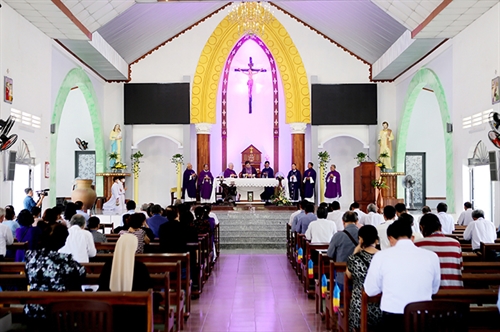 |
| A holy ceremony held at Tan Quy church, Cu Chi district, Ho Chi Minh City, to pray for fallen heroes__Photo: Thanh Chung/VNA |
Different religions have different systems of doctrine, canon law and practice orientations but they share one thing in common - the spirit of national harmony and patriotic tradition. President Ho Chi Minh once affirmed the national unity, unity among followers of different religions and unity between religious believers and non-believers as the crucial factor for victories of Vietnamese people. How do you evaluate the role of religions in recent times?
Throughout the history of national resistance wars, religions always showed a strong attachment and went hand in hand with the administration. In a letter sent to President Ho Chi Minh right after the issuance of the Declaration of Independence on the founding of the Democratic Republic of Vietnam in 1945, bishops and Catholic compatriots in the dioceses of Vinh, Ha Tinh and Quang Binh wrote: “We will not hesitate to sacrifice our life to build our country into a liberal and happy one.” Following President Ho Chi Minh’s call, Buddhist monks also took off their frocks to participate in the national defense cause.
During the period of economic integration and development and cultural life building, the Prime Minister hold three meetings with religious dignitaries to honor and praise those who made typical contributions to the cause of national construction and defense. During the COVID-19 pandemic, religious compatriots responded very quickly to patriotic emulation movements, participating in epidemic prevention and control activities and donating hundreds of billions of Vietnam dong.
These were manifestations of the continuous companionship and attachment of religions with the nation throughout the history of national construction and defense.
The Vietnamese Party and State always pay attention to improving policies and laws on belief and religion. However, besides positive results, there still exist shortcomings that need to be addressed. What institutional issues do we need to solve in the coming time?
The Resolution of the 13th National Party Congress affirmed religion as a resource in national development. For the time being, the Government Committee for Religious Affairs is assisting the Government and the Ministry of Home Affairs in reviewing five years’ implementation of the Law on Belief and Religion in order to further improve the Law to be compatible with other specialized laws.
Specifically, some provisions of the Law on Belief and Religion and Decree 162 need to be revised to suit reality, such as provisions on lawful locations of religious organizations; measures for dealing with belief and religious activities, heresies and bizarre religions that are contrary to fine customs and traditions; and criminal records of religious dignitaries, priests and monks. In addition, there are several issues not yet covered by legal documents, e.g., restoration or formation of belief establishments, and evangelism in the cyberspace. The Government Committee for Religious Affairs will review results achieved after five years’ implementing the Law on Belief and Religion and propose appropriate amendments to the Government in the coming time.
Reality shows that the Party and State always adhere to the policy of respecting and guaranteeing the right to freedom of belief and religion. However, as belief and religion constitute a sensitive field, whenever a social problem arises, hostile and reactionary forces always seek ways to distort the situation and oppose the administration with a view to breaking the great national unity block. What is your opinion on this matter?
We must immediately affirm that religious dignitaries and religious compatriots themselves did not agree with activities of abusing belief and religion or taking advantage of complex issues in the social life to entice and incite religious dignitaries and religious compatriots, causing complicated circumstances regarding public security and social order in some localities over the recent years.
This is because the religious policy of the Party and State has met the legitimate aspirations of the people. Vietnam has hosted many international religious events such as the United Nations Day of Vesak Celebrations with representatives from more than 100 countries and territories, meetings of the Federation of Asian Bishops’ Conferences, and anniversaries to celebrate 100 years of Protestantism in Vietnam.
At present, hostile and reactionary forces still abuse unconstructive opinions of some extremists who hold prejudices against the Party and State to propagate and spread distortions against Vietnam’s religious policy in the cyberspace, calumniating that Vietnam infringes upon the freedom of religion and commits religious persecution.
But reality remains that Vietnam is now home to 16 religions with 43 religious organizations, while places of belief and worship are upgraded, meeting the people’s legitimate demand and aspiration. These results are unattainable without a consistent religious policy.-
